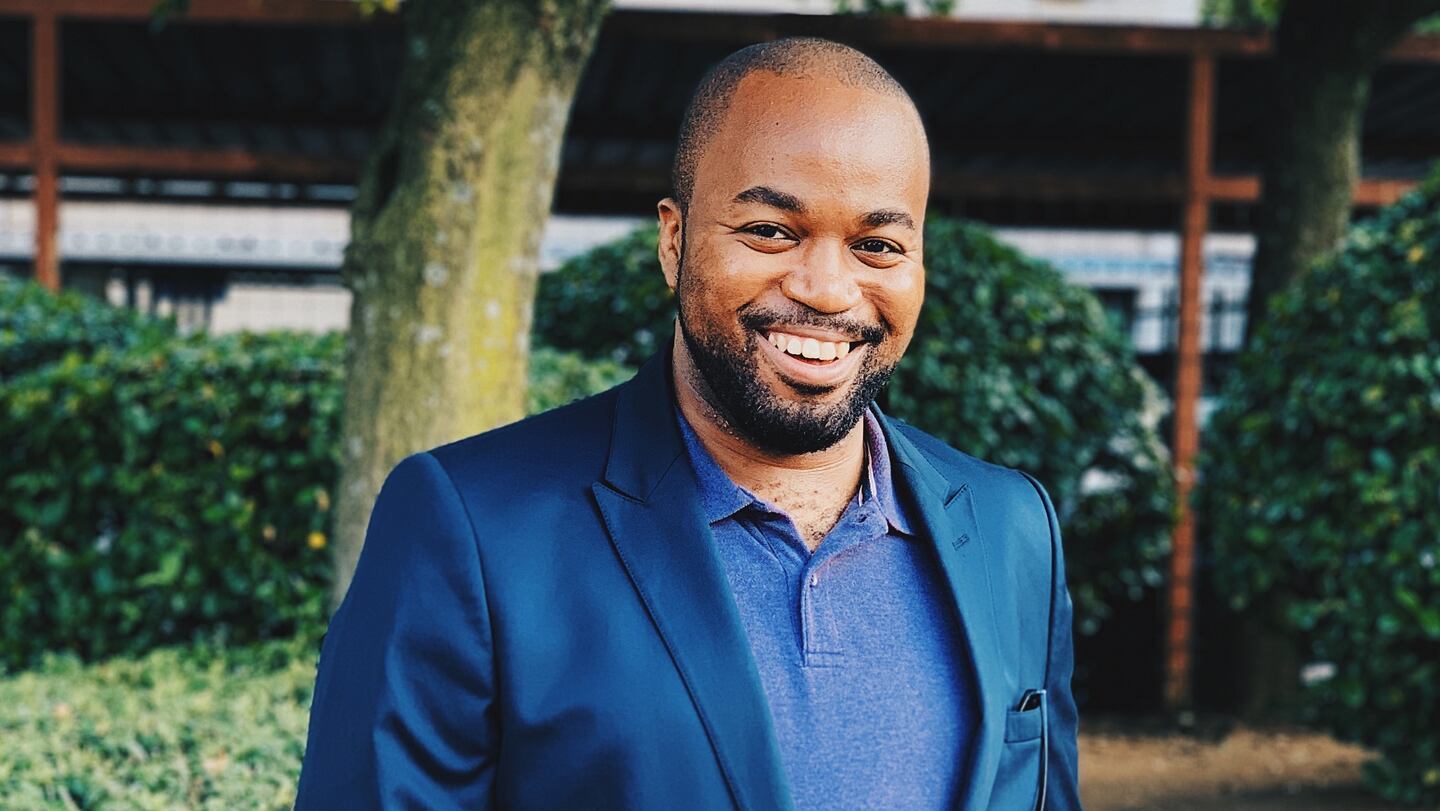
The Business of Fashion
Agenda-setting intelligence, analysis and advice for the global fashion community.

Agenda-setting intelligence, analysis and advice for the global fashion community.

Welcome to a new series where we bring the BoF community even closer together by getting to know some of our key members.
BoF: What is your current role?
Nkosiyati Khumalo: I am the editor-in-chief of GQ South Africa and all of its print brand extensions, which includes GQ Style.
BoF: What do you wish more people understood about your job?
ADVERTISEMENT
NK: The first question people always ask is: "Is it anything like 'The Devil Wears Prada?'" And of course, [the answer is] "no." It looks very glamorous, but the glamour is about 4 percent of what actually goes on. The other 126 percent is lots of hard work, lots of meetings, lots of late nights and early mornings and weekends, [and] pouring into every bit of every corner to craft a fantastic and broad media platform.
BoF: What is the number one lesson you've learned during your career?
NK: It's so important to keep an open mind. It's easy to work according to a formula, but being open to being surprised is probably the best thing to maintain. When you speak to someone, you can go in there saying, "Look, I know what I want to do, this is the kind of fashion story we're going to shoot, we have a video that we want to produce." But there will always be a moment that surprises you when you're interviewing someone or visiting a designer to view their collection. Staying open is what I have to remind myself [to do] all the time. It's a beautiful lesson because it extends to not only your career but your whole life. It helps you to maintain a positive outlook.
BoF: What is the number one challenge you are facing in fashion media?
NK: It's an ever-changing industry [and] we have a lot of competition out there. Once upon a time, it was just another magazine or media channel. Now, you're competing for people's attention on many different fronts. The work hasn't really changed — we're still producing that in-depth quality content GQ is known for — but I think the challenges are in marketing that and making sure people still know the level of in-depth research and considered approaches that go into a story, whether you just scroll past something on Instagram or appreciate a great cover. That's a challenge a lot of fashion editors experience: competing for attention.
I would say it's nothing insurmountable, it's only given us an opportunity to get even more creative with our approaches, with the content we produce and with how we produce content. But it's fun! It's kind of like the Wild West and it's a great challenge.
BoF: What industry shifts are you most optimistic about?
NK: I'm excited by seeing more voices being involved in fashion conversations, especially in fashion media [when it comes to] inclusivity and diversity. I think that attempts shouldn't be made in a token sense, so what I've been very excited about is fashion media being a kind of watchdog to make sure those things are authentic and not just examples of tokenism. That's not only with fashion shows but also with the whole brand messaging, right down to the products that brands carry. Is it created to be inclusive?
ADVERTISEMENT
BoF: What topics should the fashion industry be debating more vigorously?
NK: Definitely sustainability. There have [already] been a lot of different movements towards it among individual brands, outlets and retailers. I don't know how necessarily, but I think that [it] could be approached more ardently and more widely within the fashion community.
Along with that, fashion needs to include more diverse voices and not be ignorant of how things are perceived. If a designer wants to create something inspired by a tribe in Africa or by a community in Northern India, [there needs to be] a deeper dive into actually telling that story. The originators of those stories are really essential. It's great to see a Basotho-inspired blanket cape gracing the runways in Paris but I want to know what's behind that.
BoF: How do you hope the industry will evolve in 2019?
NK: On the more practical side, some kind of consensus on fashion weeks versus pre-seasons and new drops, because there's either a fashion week or a fashion show every other week. It'll be interesting to see how the role of the fashion show evolves. Once upon a time, it was very exclusive. Now, it's very influencer-inundated.
BoF: What are you doing differently in your role this year?
NK: I think about widening that lens — not being beholden to a traditional format and being part of different platforms. Obviously, we're in a streaming world when it comes to television, so exploring from a fashion and journalism perspective how that can be useful for a brand like GQ. For example, we can explore different kinds of shoots, which involves new talent and not being afraid to experiment. [It's about] pushing the kind of content that we do and putting that into new formats, asking [questions like], "Why not try a careers series on LinkedIn? Because that's where people go for careers advice."
Do you have a question for Nkosiyati?

From analysis of the global fashion and beauty industries to career and personal advice, BoF’s founder and CEO, Imran Amed, will be answering your questions on Sunday, February 18, 2024 during London Fashion Week.
The State of Fashion 2024 breaks down the 10 themes that will define the industry in the year ahead.
Imran Amed reviews the most important fashion stories of the year and shares his predictions on what this means for the industry in 2024.
After three days of inspiring talks, guests closed out BoF’s gathering for big thinkers with a black tie gala followed by an intimate performance from Rita Ora — guest starring Billy Porter.